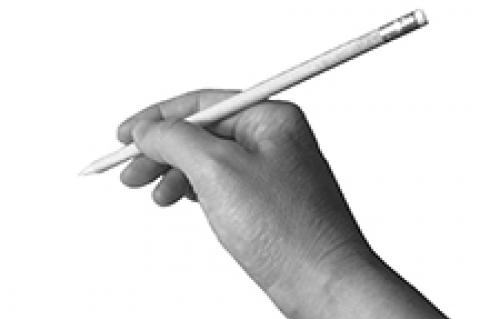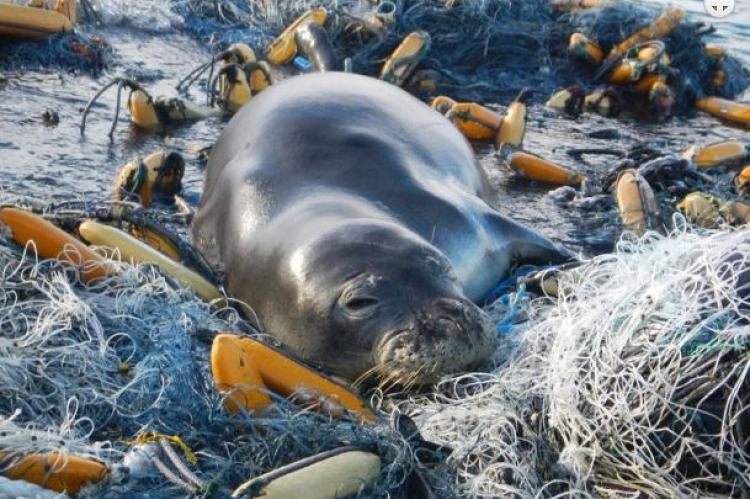Plastic items in marine litter have highest negative impact, says report
A new report has confirmed that marine litter has become one of the major threats to the marine ecosystem, the health of people and marine animals, as well as economic activities. The main bulk of it comprises plastic items that have been discarded.
The oceans may appear to be a bottomless dumping ground, but nothing is further from the truth. The marine environment, and the creatures within it, are not invincible. A new report by the Joint Research Centre (JTC) at the European Commission highlights the problems and impact of marine litter, and reveals that plastic items have the highest negative impact.
During the 2013 International Coastal Cleanup initiative, the ten most common items recovered were cigarette butts, plastic food wrappers, plastic beverage bottles, plastic bottle caps, straws and stirrers, plastic grocery bags, glass beverage bottles, other plastic bags, paper bags and beverage cans. Of these, seven of these were made of plastic.
It is common for marine animals to get entangled in marine litter; in 80 percent of such reported cases, the animal perished as a result. Marine litter is also sometimes mistaken for food. The ingested trash—be it plastics, paper, processed wood or synthetic materials—can cause the animal's stomach or intestines to be blocked. It may also affect its health or its ability to move around.
Marine litter can also facilitate the spread of non-indigenous species into new environments, threatening the integrity of ecosystems. Such species may use the marine litter as a platform to travel to new territories or to use it as a habitat.
In addition, marine litter can have a negative impact on economic sectors such as tourism, fisheries, aquaculture, navigation and energy. In the EU fishing sector, the annual damage caused by marine litter is approximately €61.7 million due to reduced catch revenue and the costs of removing it from fishing gear, fixing broken gear and propellers, and rescue services.
More details and information can be found in the report Harm caused by Marine Litter.


